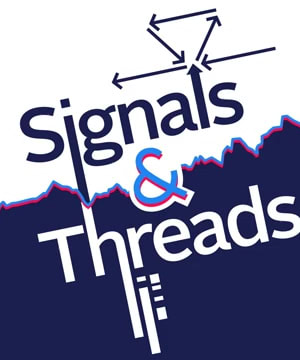Incremental Verifiable Computation
Sources:
Incremental verifiable computation, also known as verified or verifiable computing, focuses on the ability to verify the correctness of a computation after it has been performed. This concept is crucial in fields such as cryptography and blockchain. Here are some key insights from experts on the topic:
-
Verified Computing Approaches: Charles Hoskinson highlights the use of projects like Microsoft's Pinocchio, which generates proofs to verify computations. The core idea is to use the blockchain for proof verification, turning it into a distributed problem where the proof is deterministic and can be validated efficiently 1.
-
Catch Errors Upfront in Long-Running Computations: Andrey Mokhov emphasizes the difference in handling errors for long-running scientific computations. He points out the importance of detecting errors early to avoid significant losses of time and resources, which aligns with verified computation principles 2.
-
Verification Key in AI Models: Daniel Kang explains the concept of a verification key in AI, which ensures model integrity. This key combines the model architecture and the hash, enabling verification of AI processes without third-party involvement. This approach enhances the authenticity and reliability of computations 3.
-
Future Hardware for Verifiable Computation: Omer Shlomovits discusses integrating cryptographic tasks in hardware, like phones, for privacy and verifiable computation. This vision includes having specialized components in devices to ensure computations are performed and verified locally, promoting self-sovereignty 4.
These discussions underline the significance of incremental verifiable computation in enhancing the reliability, efficiency, and security of various computational tasks across different domains.
RELATED QUESTIONS-


